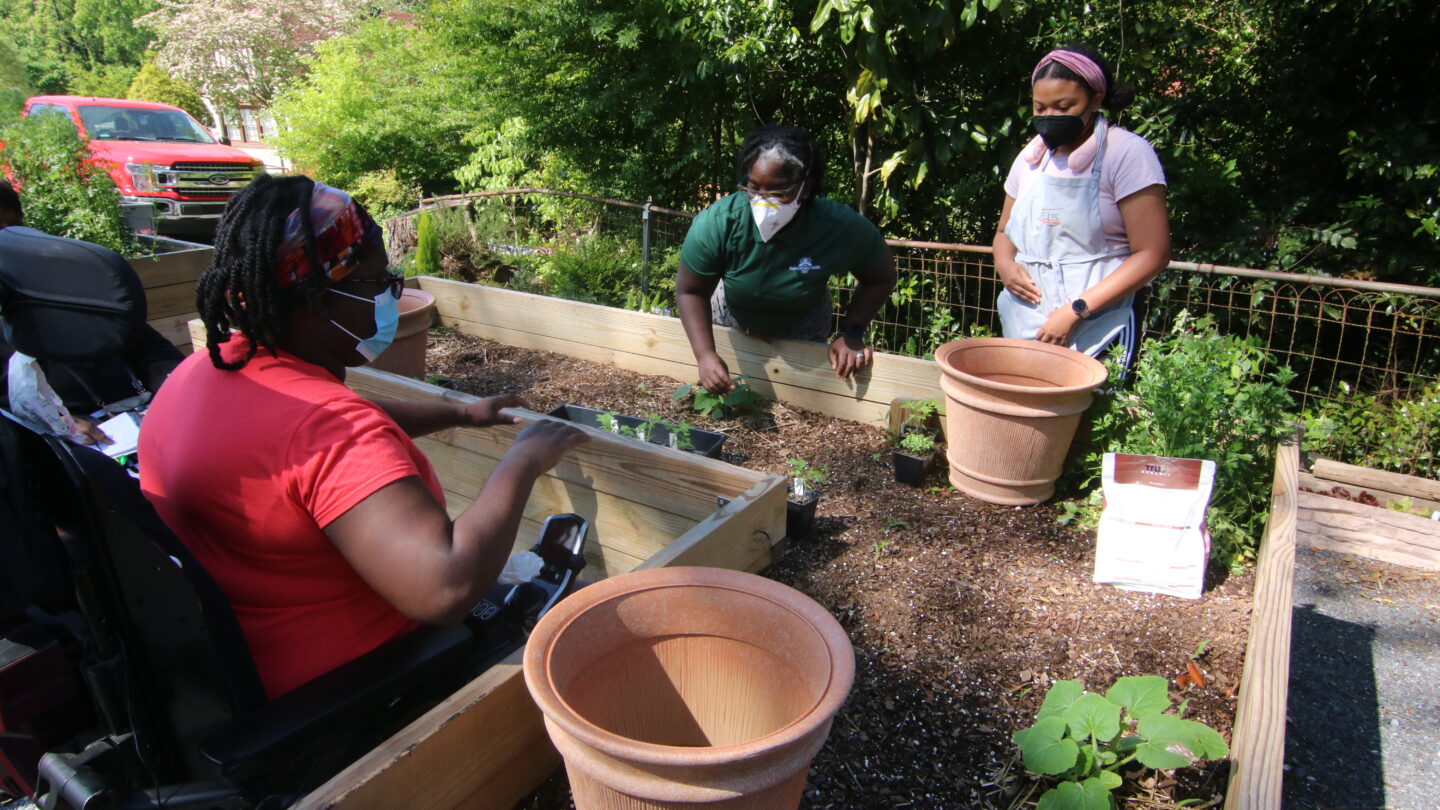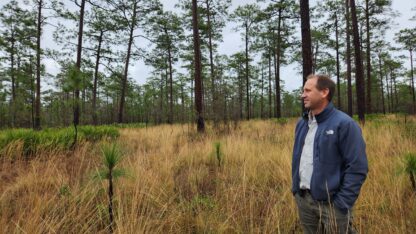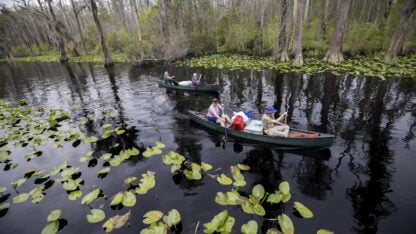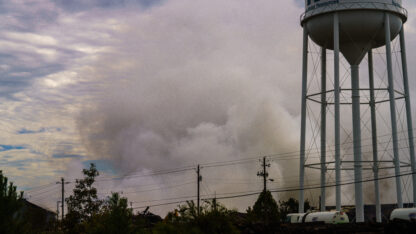Gardening is a great activity for many reasons, including physical and mental health, and according to the Trellis Horticultural Therapy Alliance, gardening can help you “outgrow your limitations.” Since 2017, they’ve been helping people with physical and cognitive impairments engage with gardening and nature at their Ability Garden at Callanwolde Arts Center. Now, Trellis is beginning a new project collaborating with the Atlanta Botanical Garden, bringing “adaptive gardening” to people with spinal cord injuries. Trellis co-founder Rachel Cochran and the Botanical Garden’s community outreach manager Moe Hemmings joined “City Lights” host Lois Reitzes via Zoom to talk about how the organizations will work together to bring gardening to new communities.
Interview highlights:
On the therapeutic value of gardening:
“One of the beauties of gardening is there are no age limitations,” said Cochran. “Children love the garden. Middle-aged people like myself love to garden, and the elderly people love to garden. So we can really serve a wide range of ages in the garden setting. Gardens have the ability to connect us to the earth. Just having your hands in the soil is a stimulant for the brain that actually improves your mood. The physical work of gardening makes us feel good.”
“I think it refocuses the mind,” she added. “It pushes you in a way that’s pleasurable. Unlike, you know, I look at some of the clinical therapies when you’re in a physical therapy session at a clinic or something. You’re just in this whole motivating setting that just makes you feel good … Just showing up can change your day in a positive direction.”
What is adaptive gardening?
“Adaptive gardening is a way to make it more accessible to all different types of levels. So, for example, the Ability Garden at Trellis is built higher than one would think of in terms of a traditional raised garden bed, [for] someone who might be in a wheelchair or have a bit more difficulty bending or getting too low to the ground,” Hemmings explained. “The average raised garden bed is only about a foot or two feet tall. These, I believe … are about three and a half feet tall so that if you are sitting either on a bench or again, in a wheelchair, you don’t have to extend your body more so to access the bed.”
“Everything about the Ability Garden has been designed really with the wheelchair user in mind,” said Cochran. “One of the issues with a lot of community gardens is that they use a lot of wood chips to cover up the soil and make pathways. And so, in order to accommodate a wheelchair, you really have to have a nice compacted pathway. So we spend a lot of time and resources getting those pathways where a wheelchair could smoothly roll and access all parts of the garden.”
Happy gardeners rediscovering their green thumbs:
“One of the stories about the veterans that touched me a lot is a man who came just a few times, and he was in a lot of pain. And he basically told us that he had to have his wife drive him and that he woke up that morning, just feeling in a lot of pain, and just didn’t think he could make it,” recalled Cochran. “So he … got out of bed, ate breakfast, got dressed, came to the garden, could hardly move. And then I saw them at the end of the session, and I kid you not, the man was literally dancing a jig. He said that that garden experience that morning had made him feel so much better, that he was so glad that he came.”
More information about the Ability Garden at Callanwolde Arts Center, and the ongoing projects of Trellis, can be found at trellishta.org.









